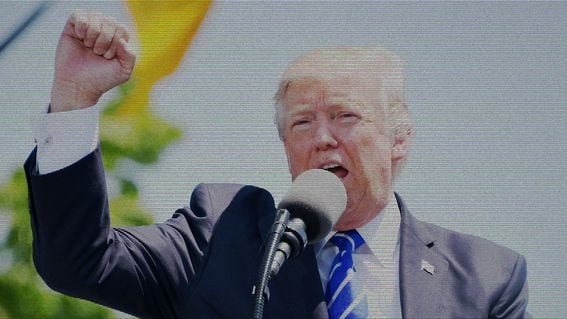The US Securities and Exchange Commission’s recent actions against two of the world’s largest crypto exchanges have created a significant opportunity for Asia, which has heralded its potential to leverage blockchain technology and digital assets to spur economic development.
The SEC’s enforcement stance is to drive crypto enterprises elsewhere, as the East especially Asia provides more incentives and regulatory certainty for crypto firms to grow despite the US economy’s massive worldwide market share.
Navigating the maze: understanding US regulations
There has been speculation that American authorities were still deliberating on how to proceed. More and more evidence suggests that the United States would prefer stonewall crypto businesses than risk weakening investor safeguards.
According to Gary Gensler, chairman of the Securities and Exchange Commission (SEC), as quoted by CNBC, “The crypto markets are undermining that trust, and I would say this: it undermines our overall capital markets.” We don’t need any more virtual money,” he added. There is already digital cash in use. The dollar used in the United States. We refer to it as “the euro.” The yen is the name for the Japanese currency. These days, everything is digital. We have made digital investments previously.
There is no hint that the United States government will ease its regulatory stance toward cryptos. The SEC has accused Kraken, Bittrex, Binance, and Coinbase of breaking the law since last year’s FTX crash.
Expanding crypto firms’ international markets
Although the heightened scrutiny could assist in establishing a clear legal precedent for classifying cryptos as securities, initiating action could have a more negative and distorting effect on markets and the economy. One of the most pressing issues is whether crypto assets, particularly altcoins, should be considered a security.
Another degree of difficulty adds by the turf war occurring between several authorities. As Coinbase CEO Brian Armstrong has pointed out, the absence of clear standards on how to register makes it more difficult for crypto startups to operate in the United States until Congress works out new legislation.
While it is undeniably crucial to prioritize investor protection, it determines if the SEC’s enforcement strategy will backfire and result in further collateral harm. Major events like these have previously caused runners to take unwarranted chances. Blockchain data by crypto intelligence firm Nansen shows that within 24 hours of the SEC filing their case against Coinbase, Coinbase had net outflows of US$600 million.
This strategy for enforcement has ripple effects and discourages established businesses from entering this emerging market until the regulatory picture becomes more apparent. Ultimately, this creates another roadblock on the path of widespread crypto acceptance. When deciding whether or not to wait for regulatory certainty in the United States, crypto companies will need to weigh the pros and drawbacks of pursuing domestic and international options.
The correct response should be obvious. The crypto industry is already well on its way to taking advantage of and broadening its exposure to prospects in other regions, including Asia and Europe. By doing so, projects can put more effort into construction than dealing with regulatory issues. Reports have it that Asia has favorable crypto regulations.
Asia’s crypto support and regulation
Asian economies are embracing Bitcoin adoption and its potential to boost economic competitiveness. Since the start of the bull run, Asia has been at the forefront in pushing for global crypto adoption.
Hong Kong is pro-crypto and wants to use Web3 for economic progress. The city said earlier this year that Bitcoin companies and exchanges could apply for licenses starting June 1. By March, over 80 crypto businesses, including mine, indicated an interest in setting up offices in Hong Kong.
Retail investors in Hong Kong will soon be able to trade cryptos like Bitcoin and Ethereum in a regulatory sandbox made possible by the Securities and Futures Commission. This sharply contrasts with the United States, which has warned financial institutions about crypto-related risks.
To add to their openness to crypto, Asian regulators are also calling for more robust industry integration with the traditional finance sector. The Hong Kong Monetary Authority is likewise looking ahead, as seen by its recent request that banks offer their services to crypto companies.
Binance and its Thai partner Gulf Innova recently secured digital asset operator licenses in Thailand, opening the country to the possibility of a third major crypto exchange. The SEC’s allegations against Binance may now influence how other exchanges see licensing applications in those nations.





